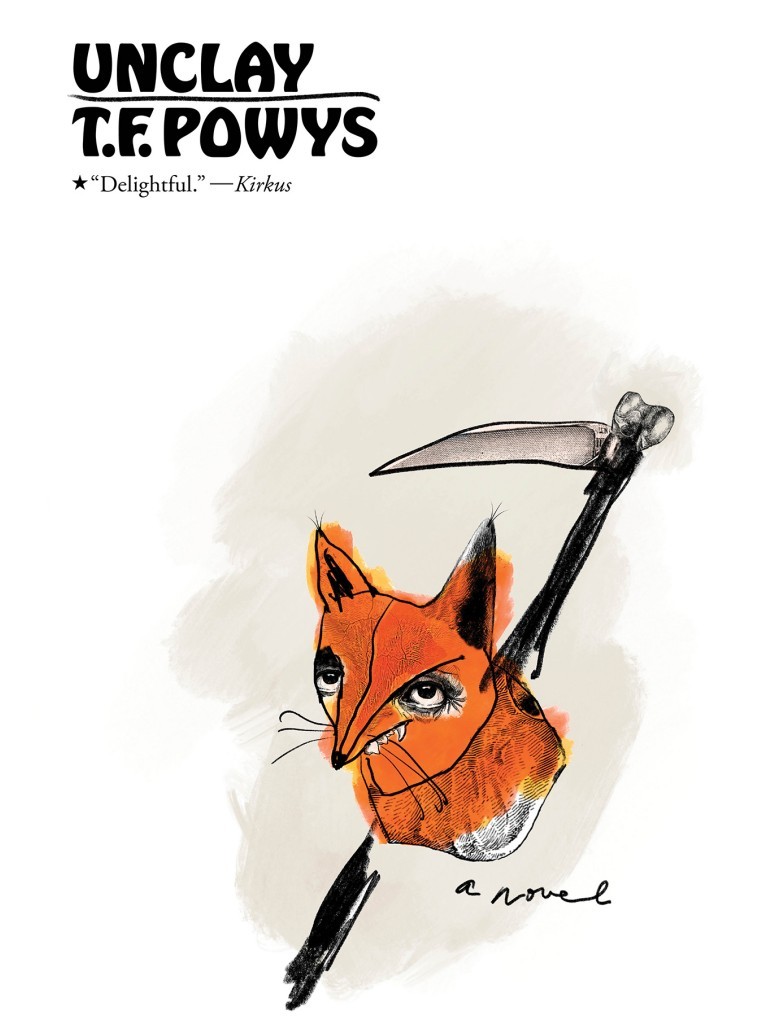
Unclay
کتاب های مرتبط
- اطلاعات
- نقد و بررسی
- دیدگاه کاربران
نقد و بررسی

August 20, 2018
In this intriguing, slightly musty novel originally published in 1931, Powys (Mr. Weston’s Good Wine) fleshes out Death as a character, from grim reaper to a dandified hero, an instrument of consolation and consummation rather than destruction. Having lost a parchment on which the names of his next two victims are written, a mortified Death must linger in the rural British town of Dodder, picking up odd jobs (mower, sexton) while trying to recover his document. He is as skilled at seduction as he is with a scythe, though one local beauty, Susie Dawe, kindles in the proud figure novel feelings: jealousy, sorrow, and love, whose “trade is to hurt and destroy.” Powys’s quaint village brims with eccentrics and sinners, and gentle humor exists alongside a brutal frankness about power and sex. Susie’s father invites suitors to spy on her through a peephole in her bedroom and arranges her marriage to a loathsome sadist, while the local nobleman, Lord Bullman, contemplates reinstating the feudal right of prima nocta. Powys has a tic-like reliance on apercus, which can be intriguing or almost comically banal (“To drink one opens one’s mouth”), but the overall effect is numbing. Nonetheless, it is hard not to succumb to the strange, animating energy in Powys’s allegorical tale about Death’s redeeming qualities.

Starred review from September 15, 2018
A reissue of an amusing 1931 work by this British author that describes the strange doings among rural villagers and how they're affected by the arrival of an outsider."Country people do like oddities," Powys writes in this wry allegory. "There would be no pleasure for them if all their neighbors were ordinary." One day in the English village of Dodder, Death misplaces the parchment with his latest orders to "unclay" two people. Joe Bridle finds it and sees his name and that of his true love, Susie Dawe. Joe's Aunt Sarah thinks she is a camel, which suits Mr. Balliboy, a man who decides he would like to marry a beast of burden. Nine-year-old Winnie, who has an answer for everything, sets her cap for Mr. Solly, who believes women are turnips and other vegetables. The Rev. Hayhoe believes anything by Jane Austen "to be almost as necessary to salvation" as the Bible. But why is the mysterious Tinker Jar weeping? And what message does Winnie receive from the Angel Gabriel? Powys (1875-1953), brother of the novelist John Cowper Powys, gained some fame for the 1927 novel Mr. Weston's Good Wine (a phrase from Austen's Emma), in which the title character, who is apparently God, visits a rural village. This novel follows a similar parablelike pattern, with Death in the supernatural role. The plot loosely follows three men's pursuits of Susie while the author observes the oddities of innocents, eccentrics, and grotesques. The villagers often dwell on amorous activity that ranges from arcadian to earthy to droit de seigneur and one suitor's sadistic bent. The voice is satirical but generally gentle, even bumpkin-esque, and sometimes precious, calling to mind Swift, Twain, Austen, and Jerome K. Jerome. It manages masterfully to cover the spectrum of human failings, from petty to vile, with insight and humor.A delightful entertainment with a wit too rarely seen now in fiction.
COPYRIGHT(2018) Kirkus Reviews, ALL RIGHTS RESERVED.

























دیدگاه کاربران